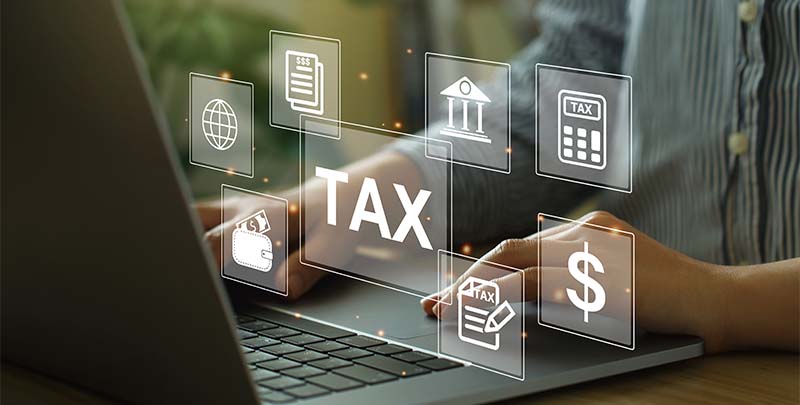What is an income tax refund?
An income tax refund is the return of excess taxes that you have paid to the government during a financial year. When your tax liability (the amount you owe to the government) is less than the sum of the taxes you have paid, you are eligible for a refund.
This occurs owing to various deductions and exemptions that you might have claimed or if your employer deducted more tax at source than was necessary. To claim your refund, you must file your income tax return and verify it within 120 days of filing.
Who is eligible for an income tax refund?
- If you have paid more taxes than your actual tax liability, you are entitled to a refund.
- Claiming deductions under Sections 80C / 80D or Home Loan interest can reduce your taxable income, leading to a refund.
- If you are an NRI or have earned income from abroad and have paid taxes on that income in both countries, you may be eligible for a refund under the Double Taxation Avoidance Agreement.
How to claim an income tax refund?
- Ensure you file your ITR accurately and before the due date. Mention all sources of income and claim all eligible deductions.
- Post filing, you need to verify your ITR. This can be done electronically through methods such as Aadhaar OTP, net banking, digital signature certificate or sending a signed physical copy to the Income Tax Department's CPC (Centralised Processing Centre).
- Once your ITR is verified, the Income Tax Department will process your return and determine if a refund is due.
Interest on income tax refund
If there is a delay in the processing of your tax refund, the Income Tax Department is liable to pay you interest. The rate of interest is generally 0.5% per month or part of a month on the refund amount. This interest is calculated from April 1 of the assessment year to the date when the refund is granted if the return is filed on or before the due date However, such interest is not payable when the tax refund is less than 10% of the total tax liability.
How long does it take to get an income tax refund?
- e-Filing typically results in a faster refund process compared to manual filing.
- Quick verification of your ITR can expedite the processing.
- Simple returns are processed faster, while those with numerous deductions or foreign income might take longer.
Also Read: Understanding the impact of income tax on Recurring Deposit
Conclusion
Understanding what a tax refund is can significantly enhance your financial planning and tax management. By ensuring you file your returns accurately and on time, you can avoid unnecessary delays and maximise your potential refund. Additionally, keeping track of the eligibility criteria and the process of claiming your refund can help you navigate the tax landscape with confidence.
Disclaimer: This article is for information purpose only. The views expressed in this article are personal and do not necessarily constitute the views of Axis Bank Ltd. and its employees. Axis Bank Ltd. and/or the author shall not be responsible for any direct / indirect loss or liability incurred by the reader for taking any financial decisions based on the contents and information. Please consult your financial advisor before making any financial decision








